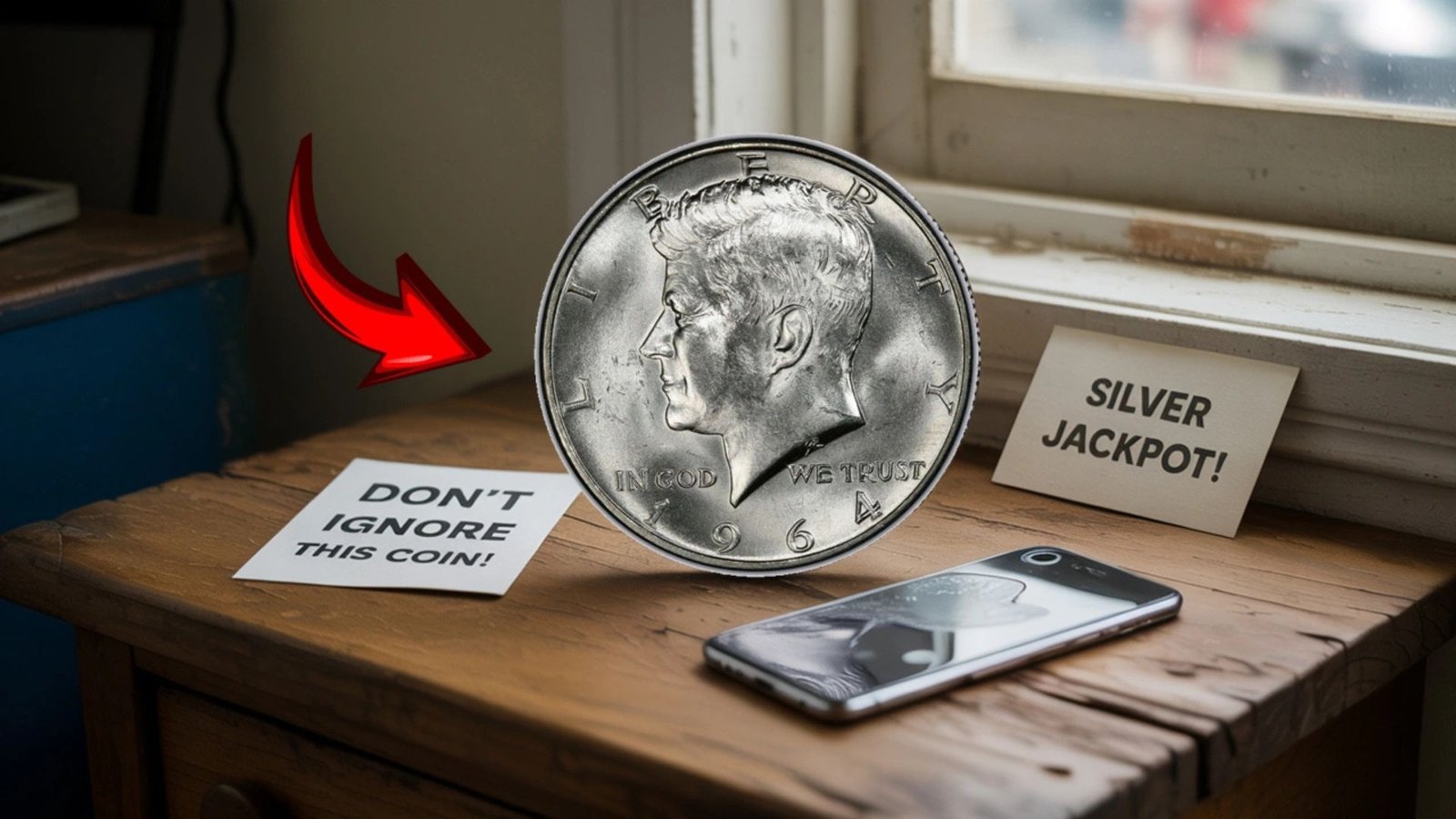A new COVID-19 variant called NB.1.8.1, nicknamed “Nimbus,” is spreading across the United States, including Massachusetts. This variant is grabbing attention because of a painful symptom known as “razor blade throat.” If you’re wondering what this variant is, whether it’s in Massachusetts, and how to stay safe, this article breaks it all down in simple terms. We’ll cover the symptoms, how it spreads, and ways to protect yourself, optimized for easy reading and search engines.
What Is the Nimbus COVID Variant?
The Nimbus variant, scientifically named NB.1.8.1, is a subvariant of the Omicron strain of COVID-19. It first appeared in China in May 2025 and has since spread to the U.S., including Massachusetts. Health experts say it’s highly contagious, accounting for about one-third of COVID cases in the U.S. right now. The World Health Organization (WHO) is keeping an eye on it but says the global risk is low, and current vaccines are still effective against severe illness caused by Nimbus.
Why Is It Called ‘Razor Blade Throat’?
The standout symptom of the Nimbus variant is a severe sore throat that patients describe as feeling like “swallowing razor blades” or “shards of glass.” This intense pain makes it hard to talk, eat, or drink water. Unlike earlier COVID variants that caused more loss of taste or smell, Nimbus seems to attack the throat more aggressively, leading to this nickname.
Has the Nimbus Variant Reached Massachusetts?
Yes, the Nimbus variant has been detected in Massachusetts. Recent reports confirm cases in the state, along with 13 other U.S. states like California, New York, and Virginia. Wastewater testing in Massachusetts, conducted by the Massachusetts Water Resource Authority, shows low levels of COVID as of June 10, 2025, but the presence of Nimbus has raised concerns due to its contagious nature and painful symptoms.
How Does Nimbus Spread in Massachusetts?
Like other COVID variants, Nimbus spreads through:
- Airborne droplets: Coughing, sneezing, or talking can release tiny particles that carry the virus.
- Close contact: Being near an infected person increases the risk.
- Touching surfaces: The virus can linger on surfaces, though this is less common.
Massachusetts residents should be cautious in crowded indoor spaces, especially during summer gatherings, as the variant is spreading quickly.
Symptoms of the Nimbus Variant
The Nimbus variant causes symptoms similar to other COVID strains, but the sore throat is particularly severe. Here’s a full list of symptoms to watch for:
| Symptom | Description |
|---|---|
| Razor Blade Throat | Intense, sharp sore throat, feeling like swallowing glass or razor blades. |
| Fever or Chills | Elevated body temperature or feeling cold and shivery. |
| Fatigue | Extreme tiredness or lack of energy. |
| Nasal Congestion/Runny Nose | Stuffy or runny nose, similar to a cold. |
| Mild Cough | A dry or light cough, less severe than earlier variants. |
| Muscle or Body Aches | General soreness or pain in the body. |
| Nausea or Diarrhea | Upset stomach or digestive issues. |
| Loss of Taste or Smell | Less common than in earlier variants but still possible. |
If you notice these symptoms, especially the severe sore throat, consider getting tested for COVID-19.
How Painful Is Razor Blade Throat?
The “razor blade throat” symptom is described as much worse than a typical sore throat. Patients report it feels like their throat is burning or being scratched by sharp objects. This pain can make swallowing food or water feel like a challenge. While not unique to Nimbus (some earlier variants caused similar throat pain), it’s more common and intense with this strain.
How to Protect Yourself from Nimbus in Massachusetts
Here are practical steps to stay safe from the Nimbus variant:
1. Get Vaccinated
The WHO and health experts confirm that current COVID-19 vaccines are effective against severe illness from Nimbus. If you’re not up to date on your vaccinations, visit a local pharmacy or health center in Massachusetts to get a booster.
2. Wear a Mask
Wearing a mask in crowded indoor places, like public transportation or stores, can lower your risk of catching or spreading the virus.
3. Practice Good Hygiene
- Wash your hands frequently with soap and water.
- Avoid touching your face, especially your mouth, nose, and eyes.
- Disinfect surfaces that are touched often, like doorknobs or phones.
4. Stay Home if Sick
If you have symptoms like a sore throat or fever, stay home and get tested. This helps prevent spreading the virus to others.
5. Monitor Symptoms
If you develop a severe sore throat or other symptoms, contact a doctor. Home remedies like drinking warm tea or using throat lozenges may help ease discomfort, but medical advice is key if symptoms worsen.
Is Nimbus More Dangerous Than Other Variants?
According to the WHO, Nimbus doesn’t pose a higher global risk than other COVID variants. Most people with Nimbus recover at home with rest and hydration. However, unvaccinated individuals or those with weak immune systems may face a higher risk of severe symptoms. Experts note that while the sore throat is painful, it’s not necessarily a sign of worse outcomes compared to earlier variants.
What to Do If You Have Razor Blade Throat
If you’re dealing with a severe sore throat from Nimbus, try these tips:
- Stay hydrated: Sip warm liquids like tea or broth to soothe your throat.
- Use throat lozenges: Over-the-counter lozenges can reduce pain.
- Take pain relievers: Medications like ibuprofen or acetaminophen can help, but consult a doctor first.
- Rest: Give your body time to recover by avoiding strenuous activities.
- See a doctor: If the sore throat lasts more than a few days or gets worse, seek medical advice.
Conclusion
The Nimbus variant, with its painful “razor blade throat” symptom, has reached Massachusetts and is spreading quickly across the U.S. While it’s highly contagious, the good news is that current vaccines work against severe illness, and most people recover at home. By staying vaccinated, wearing masks in crowded places, and practicing good hygiene, Massachusetts residents can protect themselves and others. If you experience symptoms like a severe sore throat, get tested and follow medical advice. Stay informed and stay safe!
FAQs About the Nimbus COVID Variant
What is the Nimbus COVID variant?
Nimbus, or NB.1.8.1, is a subvariant of the Omicron strain of COVID-19. It’s known for causing a severe sore throat, often called “razor blade throat.”
Has Nimbus reached Massachusetts?
Yes, cases of the Nimbus variant have been confirmed in Massachusetts, along with other U.S. states.
What is razor blade throat?
It’s a term used to describe an extremely painful sore throat caused by the Nimbus variant, often compared to swallowing glass or razor blades.
Are vaccines effective against Nimbus?
Yes, the WHO says current COVID-19 vaccines protect against severe illness from the Nimbus variant.
How can I protect myself from Nimbus?
Get vaccinated, wear a mask in crowded places, wash your hands often, and stay home if you’re sick.
What should I do if I have a severe sore throat?
Try home remedies like warm liquids or lozenges, but contact a doctor if the pain doesn’t improve or worsens.
Is Nimbus more dangerous than other COVID variants?
No, the WHO considers Nimbus a low global risk. Most cases are mild, but unvaccinated people may face higher risks.
Sources: Information compiled from recent health reports and news articles, including mycentraljersey.com and wickedlocal.com.









